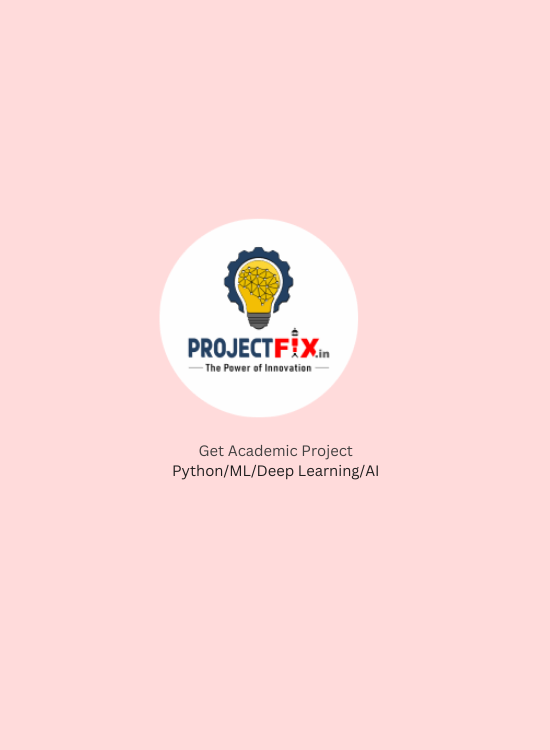Modern agriculture is leveraging machine learning (ML) and blockchain technologies to enhance efficiency, sustainability, and transparency throughout the agricultural ecosystem.
Machine learning algorithms are applied in precision agriculture to analyze data from various sources such as sensors, satellites, and drones. These algorithms provide valuable insights into soil quality, crop health, and pest detection, enabling farmers to optimize resource allocation like water, fertilizers, and pesticides. ML also aids in predictive analytics for weather patterns and crop yields, assisting farmers in making data-driven decisions to improve productivity.
Blockchain technology complements ML by establishing a transparent and immutable ledger of transactions and data across the agricultural supply chain. This decentralized approach ensures trust and reliability in tracking the journey of agricultural products from farm to consumer. Each transaction recorded on the blockchain includes details about the product's origin, production methods, and handling practices, which enhances food safety and quality assurance.
Moreover, blockchain facilitates smart contracts that automate and secure transactions between farmers, distributors, and retailers. These contracts execute payments and enforce agreements based on predefined conditions, reducing administrative overhead and disputes while promoting efficient and fair transactions.
Together, ML and blockchain are driving sustainable practices in agriculture by enabling real-time monitoring and analysis of environmental factors. ML algorithms can predict optimal farming practices that minimize environmental impact, such as reducing water usage and carbon emissions. Blockchain ensures that these practices are verified and incentivizes adherence to sustainability standards by providing transparent proof of compliance.
In conclusion, the integration of machine learning and blockchain technologies in modern agriculture revolutionizes how farming is managed and monitored. By harnessing advanced analytics and decentralized transparency, these technologies empower farmers to enhance productivity, ensure food safety, and promote sustainable agricultural practices for a more secure and resilient food supply chain.


